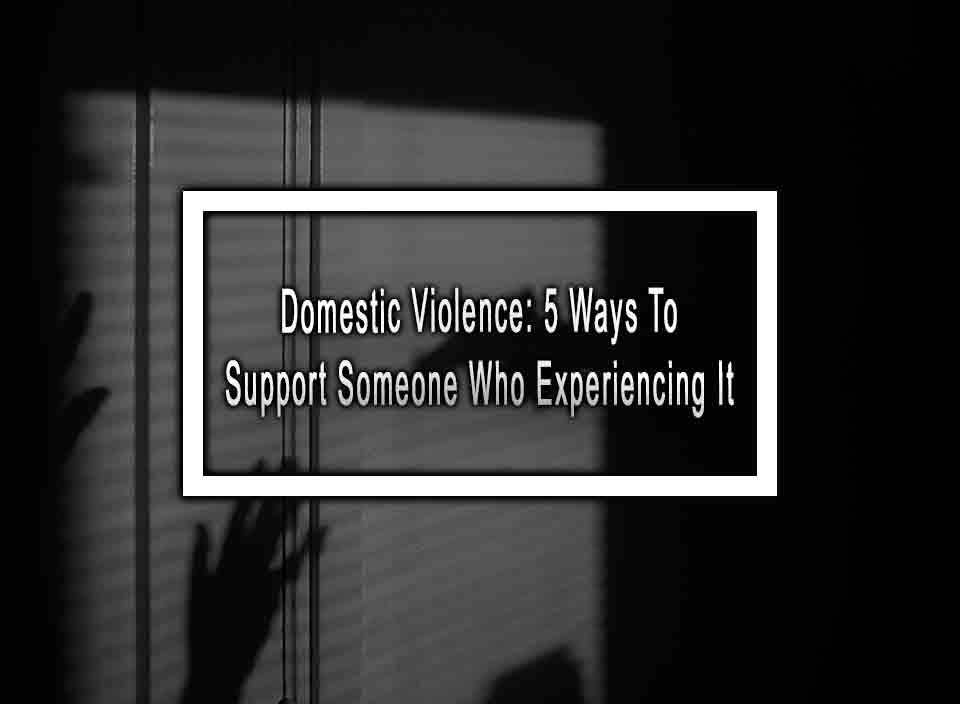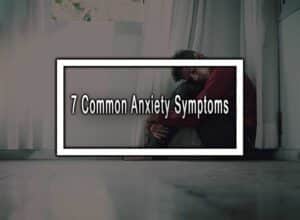Table of Contents
ToggleWays to Support Someone Who Is Experiencing Domestic Violence
Domestic violence is a pervasive problem that affects millions of people all over the world and has a profound impact on individuals, families, and communities. It can take many different forms, including physical, emotional, psychological, and financial abuse, and often has lasting consequences for victims and their loved ones. Despite its prevalence, domestic violence is often shrouded in secrecy and stigma, making it challenging to address and prevent. However, with increased awareness, advocacy, and support, we can work towards eradicating this insidious problem and creating a safer and more equitable world for everyone.
1. Listen and Believe Them
One of the most powerful ways to support someone who is experiencing domestic violence is to simply listen to them and believe their experiences. Often, victims of domestic violence face disbelief, victim-blaming, and minimization, which can be deeply hurtful and retraumatizing. By being a compassionate and non-judgmental listener, you can help create a safe space for them to share their story and feel validated.
2. Offer Practical Help and Resources
Many victims of domestic violence feel trapped and helpless, unsure of how to escape the abusive situation or access crucial resources. By offering practical support, such as helping them create a safety plan, connecting them with local shelters and hotlines, or assisting them with legal or financial resources, you can provide tangible pathways toward safety and healing.
3. Validate Their Choices and Autonomy
It’s important to respect the choices and autonomy of someone who is experiencing domestic violence, even if you don’t agree with their decisions. It’s common for victims to feel pressure to leave or stay in an abusive relationship, and there is no one “right” answer or solution. By validating their choices and supporting them in their decision-making process, you can empower them to make informed and safe decisions for themselves.
4. Practice Self-Care and Boundaries
Supporting someone who is experiencing domestic violence can be emotionally and psychologically taxing, and it’s important to prioritize your self-care and boundaries. Make sure to take breaks, seek support from others, and establish clear expectations and boundaries in your relationship with the victim. By taking care of yourself, you can better support and advocate for someone in need.
5. Be An Advocate and Ally for Change
Domestic violence is a systemic problem that requires collective action and advocacy to address. By becoming an advocate and ally for change, you can help raise awareness, challenge harmful narratives and stereotypes, and support policy and legislative efforts that prioritize the safety and well-being of victims. Together, we can work towards creating a world free from domestic violence.
Standing Together Against Domestic Violence: How Advocacy and Support Can Create a More Equitable World
Domestic violence is a complex and multifaceted issue that requires a comprehensive and intersectional approach to address. By learning about the realities of domestic violence, providing support and resources to victims, validating their choices and autonomy, practicing self-care and boundaries, and becoming an advocate for change, we can work towards creating a more equitable and safer world for everyone. Let’s stand together against domestic violence and support those who need it most.
Domestic Violence FAQ
Here are the most common questions about domestic violence.
1. What are the different forms of domestic violence?
Domestic violence can take many forms, including physical abuse, emotional abuse, sexual abuse, financial abuse, and digital abuse.
2. What should I do if I am a victim of domestic violence?
If you are a victim of domestic violence, you should seek help immediately. Contact the police or local domestic violence hotlines or shelter. Get medical attention if necessary.
3. Are there any legal remedies for domestic violence?
Yes, there are several legal remedies available for victims of domestic violence, including restraining orders, protective orders, and criminal charges.
4. How can I help someone who is experiencing domestic violence?
If you know someone who is experiencing domestic violence, offer them emotional support and encourage them to seek help. Provide them with local resources and support them in making a safety plan.
5. Are men also victims of domestic violence?
Yes, men can also be victims of domestic violence. While women are more likely to be victims of domestic violence, men can also experience abuse and should seek help if necessary.












